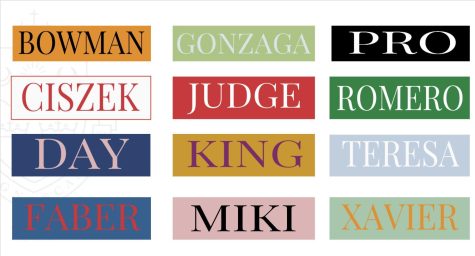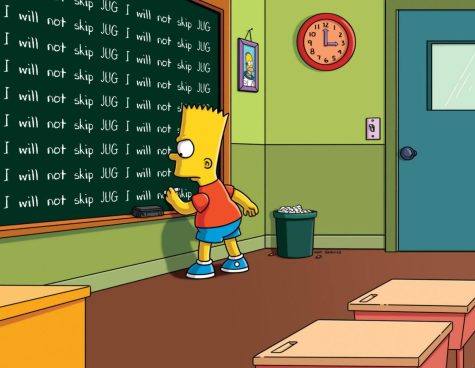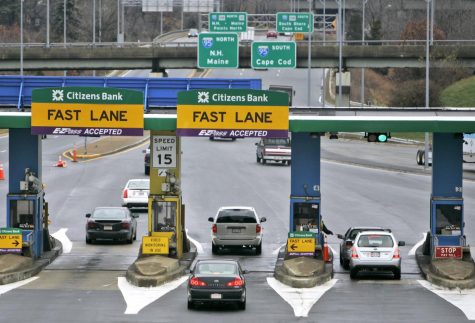We Need Sortition
Citizens are randomly selected to be representatives in government
December 23, 2020
American democracy is the form of government in which one political party achieves nothing and is unhappy, while the other political party achieves policy change, yet is still unhappy. At any point in time, it seems like our American government fails to satisfy at least half of the population. Although Americans tout our democratic system to our less fortunate neighbors such as China, Russia, and Iran, we fail to ask ourselves, “Is this really the best form of government? And are there any alternatives to our ‘indirect’ democracy?” I emphasize “indirect” because America is not a true democracy. In its original Greek Athenian form, “direct democracy” is the system in which citizens are randomly selected to be representatives in government (also known as “Sortition”). While many may wince at the idea of a lottery based form of government, I urge you to keep an open mind. Although the first democratic city state had many problems such as its lack of diversity and inclusivity, direct democracy worked just as well, if not better, than our current indirect democracy.
One example of where sortition would work better than an election system is at BC High. In the current system, the student body elects representatives based on their views. Those elected representatives then decide school policy and act on behalf of the students. In theory, this system works smoothly and satisfies most students. In truth, representatives can hold very different views in comparison to their constituents because the student electorate has a small group of candidates to choose from. The student council then fails to accurately represent their constituents in policy matters.
Sortition could fix this representation issue. Students who would like to participate in the student council would enroll in a lottery. A certain number of students would be chosen at random to represent the student body. Sortition fixes multiple problems. In modern day, “indirect” elections, candidates often must choose between their own beliefs and their constituents. A candidate may campaign using the beliefs of his or her constituents, but once elected, he or she reverts back his or her beliefs. Sortition would allow students to use their own beliefs without the conflict of trying to accurately interpret the student body’s views. By choosing random individuals, all aspects of the student body are present along with a wide range of opinions and beliefs; sortition creates a microcosm of the student body.
Furthermore, some individuals are too introverted to run for student council. Even though some introverts have great ideas, they have no way of voicing their insightful views because they are too shy. Others interested in student council may decide that campaigning is too tedious, time consuming, and not worth the effort. The effort to gain a spot on student council is unjustified when compared to the limited policy decisions they participate in. Sortition allows students that normally would not run for student council to participate and voice their ideas.
So sortition may work for student council, but can it really be scaled to an entire government? Yes it can! I believe that the system of checks and balances have kept America stable; not allowing the government to turn radically in any direction. Elections allow more extreme political parties to gain an unrepresentative amount of power at the expense of moderates and centrists, who represent the majority of a population. Elections promote candidates to present flashy ideas that enrapture crowds, not pragmatic policy that forms stable government. Sharp policy differences also advance the conflict of them versus us, further dividing Americans. For six months the legislature has tried to pass another stimulus bill, but as of December 9th, no new stimulus has been passed. Millions are facing eviction and homelessness, yet our elected representatives cannot achieve anything because they are overly fractional. Sortition would select average Americans who could provide pragmatic solutions to pressing issues without defaulting into political gridlock. Currently, politicians in America are more loyal to the party they are affiliated with than their own constituents. Sortition would not only rid America of career politicians, but it will also remove loyalties to political parties. A government with sortition could be more efficient and effective. While a federal or state government based on sortition is likely impossible due to its unpopularity, a student council at BC High formed by sortition would be interesting and more feasible.








